MEROPENEM - INJECTION
PHONETIC PRONUNCIATION: (MER-oh-PEN-em)
COMMON BRAND NAME(S): Merrem
GENERIC NAME(S): meropenem
Uses
USES: Meropenem is used to treat a wide variety of bacterial infections. This medication is known as a carbapenem-type antibiotic. It works by stopping the growth of bacteria.
How to use MEROPENEM - INJECTION
HOW TO USE: Read the Patient Information Leaflet if available from your pharmacist before you start using meropenem and each time you get a refill. If you have any questions, ask your doctor or pharmacist. This medication is given by injection into a vein as directed by your doctor, usually every 8 hours. If you are using this medication at home, learn all preparation and usage instructions from your health care professional. Before using, check this product visually for particles or discoloration. If either is present, do not use the liquid. Learn how to store and discard medical supplies safely. The dosage is based on your medical condition and response to treatment. In children, the dosage is also based on age and weight. For the best effect, use this antibiotic at evenly spaced times. To help you remember, use this medication at the same time(s) every day. Continue to use this medication until the full prescribed treatment period is finished, even if symptoms disappear after a few days. Stopping the medication too early may result in a return of the infection. Tell your doctor if your condition lasts or gets worse.
Side Effects
Precautions
Interactions
Overdose
Images
Reviews
Disclaimer
IMPORTANT: HOW TO USE THIS INFORMATION: This is a summary and does NOT have all possible information about this product. This information does not assure that this product is safe, effective, or appropriate for you. This information is not individual medical advice and does not substitute for the advice of your health care professional. Always ask your health care professional for complete information about this product and your specific health needs.
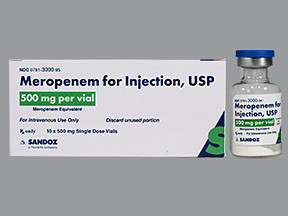
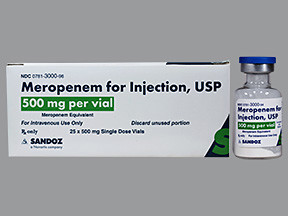
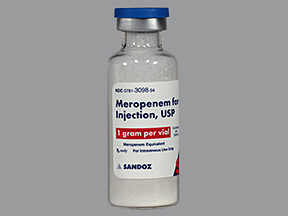
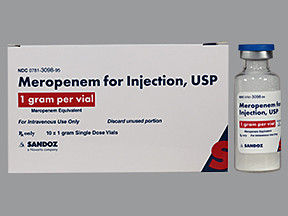
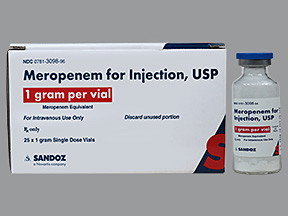
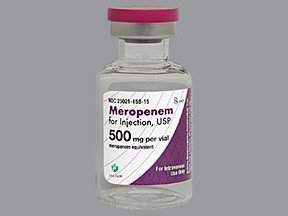

No Reviews Yet